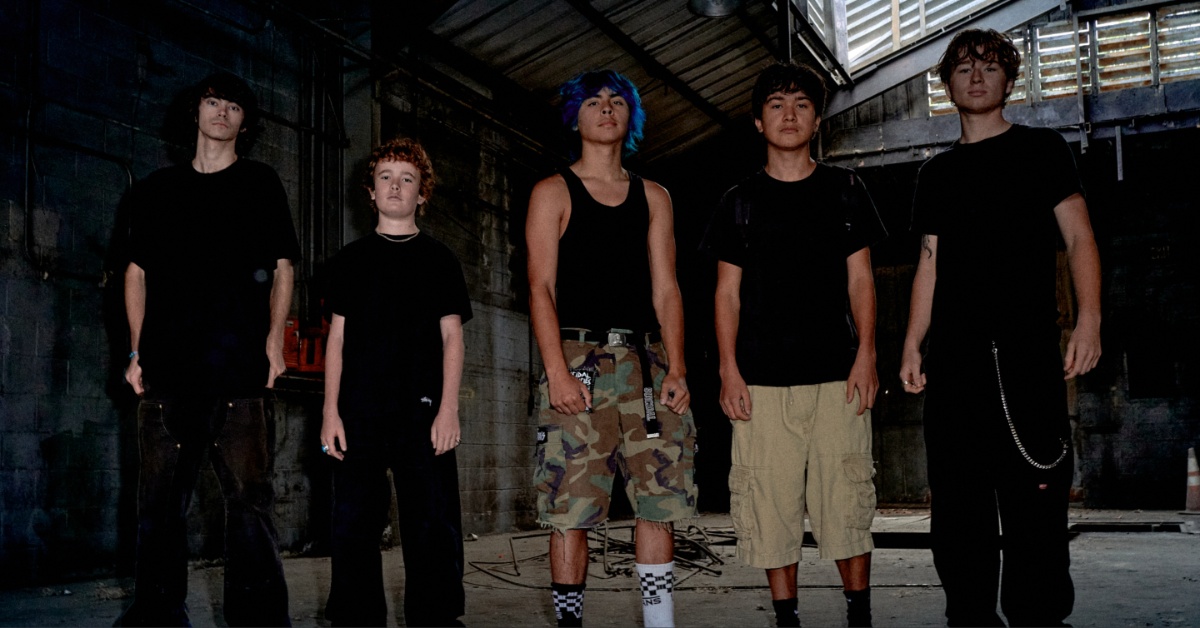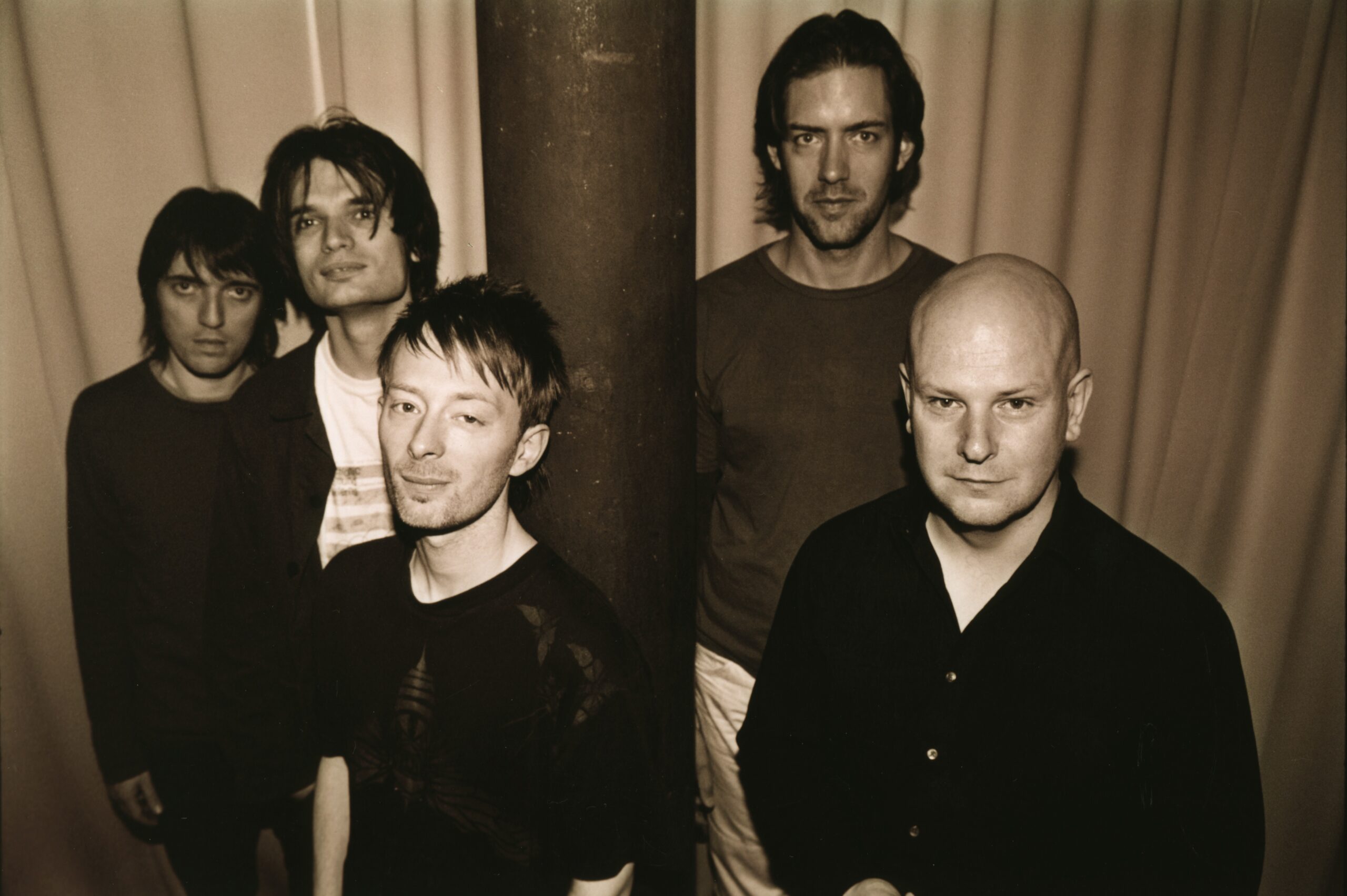Pras was found guilty of political conspiracy last year, though his former legal representative’s approach to the case has now been put under the microscope.
Earlier this month, Judge Colleen Kollar-Kotelly called for a three-day hearing to review some of David Kenner’s practices during his futile defense for the Fugees star, who is currently facing 20 years behind bars on 10 criminal counts.
Though the attorney has maintained that he had his client’s best interests at heart, Vulture has reported that he currently is in the hot seat for a number of reasons such as outsourcing most of the case work to a medical malpractice lawyer who operated remotely, taking more than a year to file his first motion, teaming up with people with practically no experience in criminal litigation and concealing a serious injury that hindered his productivity.
Despite his alleged incompetence and underperformance, prosecutor Nicole Lockhart maintains that “unsuccessful is not the same as ineffective.”
The justice presiding over the hearing, however, is still giving Pras the benefit of the doubt. Over the coming weeks, she will either sentence him, grant him a retrial or allow plea-bargain negotiations.
Back in April, Pras was convicted of money laundering and illegitimate lobbying tactics. Just a few months later, he began working toward bringing his case back to life on grounds of his ex-attorney apparently messing up “the single most important portion” of his defense by using generative AI to put together a closing statement.
“Kenner’s closing argument made frivolous arguments, misapprehended the required elements, conflated the schemes and ignored critical weaknesses in the government’s case,” the New Jersey native’s new legal team stated in a brief. “The AI program failed Kenner, and Kenner failed [Pras] Michel. The closing argument was deficient, unhelpful and a missed opportunity that prejudiced the defense.”
They also pointed out that the star lawyer, who famously represented Death Row Records in the ’90s, has a financial stake in a company that partners with the technology he used and then showed off about.
In a May press release, he took credit for “the first use of generative AI in a federal trial,” referencing the closing statement. EyeLevel.AI, the tool in question, has denied that Kenner has any stake in the company.
Since being found guilty, Pras has insisted that he’s not an FBI informant or responsible for any other crime he is being held to.
“Pras was never an FBI informant. It’s not accurate and, quite frankly, it’s dangerous,” his publicist said. “If he was an informant, he would not be on trial. The government does not prosecute and threaten its informants with more than two decades of jail time.”








